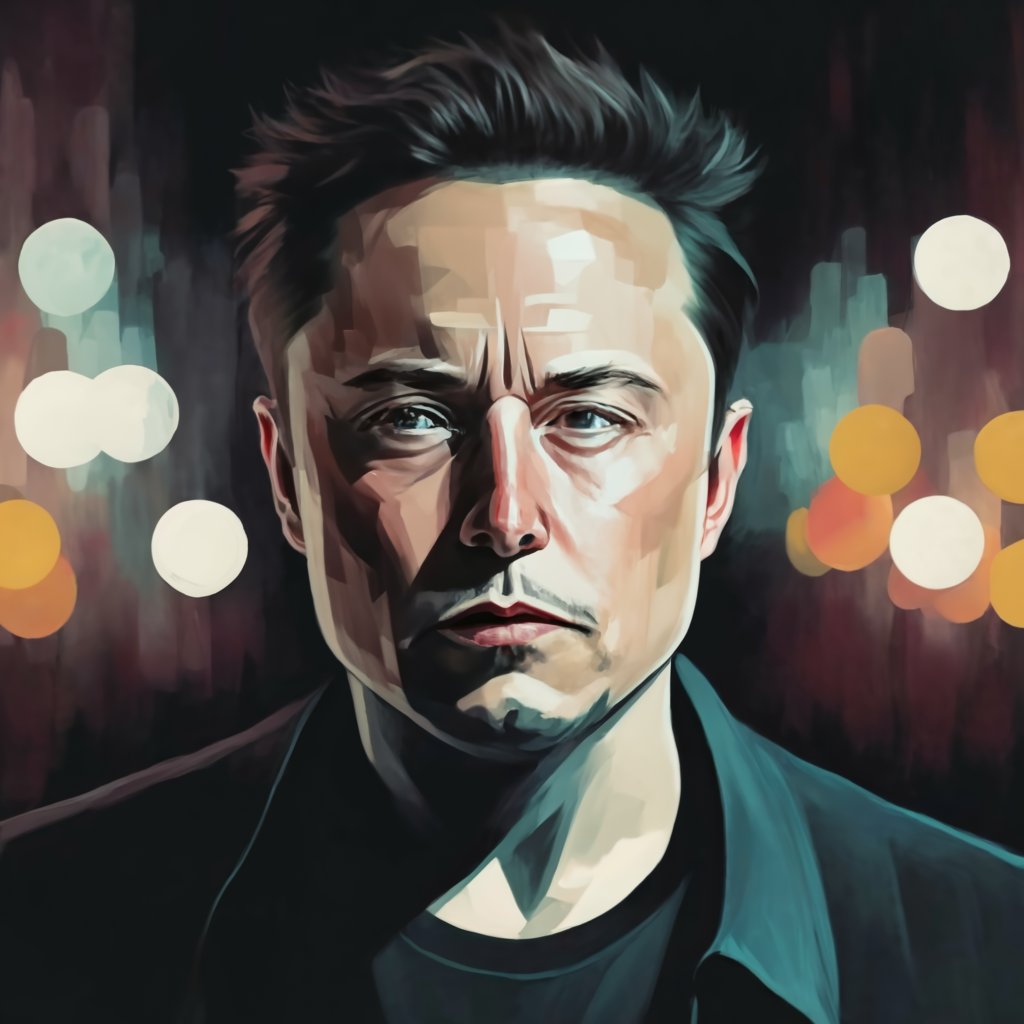A Delaware judge’s recent ruling has cast a shadow over Elon Musk’s immense fortune, invalidating the staggering $55 billion pay package he received from Tesla Inc. This decision, spurred by a shareholder’s accusation of excessive compensation, poses a significant threat to Musk’s wealth and casts doubt on the future of his entrepreneurial ventures.
The verdict, marking Musk’s first substantial court defeat, requires Tesla’s board to devise a new compensation plan, as Musk had abstained from exercising his options amidst legal scrutiny in the Delaware Chancery Court. News of the ruling prompted a 3% decline in Tesla’s share price in after-hours trading.
Despite this setback, Musk has been advocating for an additional substantial stock award from Tesla, especially after selling a considerable portion of his Tesla shares to finance his acquisition of Twitter. He argues that a more significant ownership in Tesla is crucial to retain control and drive the company’s expansion, particularly in the realm of artificial intelligence.
The court’s decision leaves Musk’s financial status in an uncertain state. The options, valued at approximately $51.1 billion, constitute a major portion of his wealth. Without these options, his net worth would plummet to $154.3 billion, relegating him to the third spot on the global wealth ranking, a significant drop from his longstanding position at the top, as per the Bloomberg Billionaires Index.
In response to the ruling, Musk’s legal team, led by New York-based attorney Evan Chesler, has yet to comment.
Delaware Chancery Court Chief Judge Kathaleen St. J. McCormick, following a trial that concluded over a year ago, ruled in favor of a Tesla investor who challenged the transparency and fairness of the 2018 compensation package, including its performance benchmarks and the board’s handling of Musk’s potential conflicts of interest.
The judge’s comprehensive 200-page decision criticized the board’s process, likening it to a self-driven vehicle manipulated by Musk, ultimately leading to an unjust outcome. The judge emphasized the absence of genuine, adversarial negotiations regarding the magnitude of Musk’s compensation, pointing out the striking lack of scrutiny from the board.
Musk, whose wealth predominantly stems from his stake in Tesla, the leading global auto company, hasn’t yet utilized the stock options that have vested over the years, as the company achieved various performance milestones.
After the court’s decision, Musk took to his social media platform, X (formerly known as Twitter), to voice his opinion, suggesting companies incorporate in states like Nevada or Texas, presumably for more favorable shareholder governance structures.
Musk’s history in court has been marked by victories, including disputes over his acquisition of SolarCity. However, in this compensation case, lawyers for Tesla shareholder Richard Tornetta argued that the board’s independence was compromised in crafting Musk’s pay package, allowing Musk undue influence over the terms of his compensation.
As the ruling reverberates, questions arise about Musk’s next steps. Will he challenge the decision, or will Tesla’s board draft a new compensation plan? Meanwhile, Musk remains committed to his grand vision of colonizing Mars through SpaceX, eyeing the funds from his 2018 Tesla package to finance this ambition. He has publicly pledged to allocate his wealth to address earthly challenges and to establish a self-sustaining Martian settlement to safeguard life in the event of catastrophic events on Earth.





